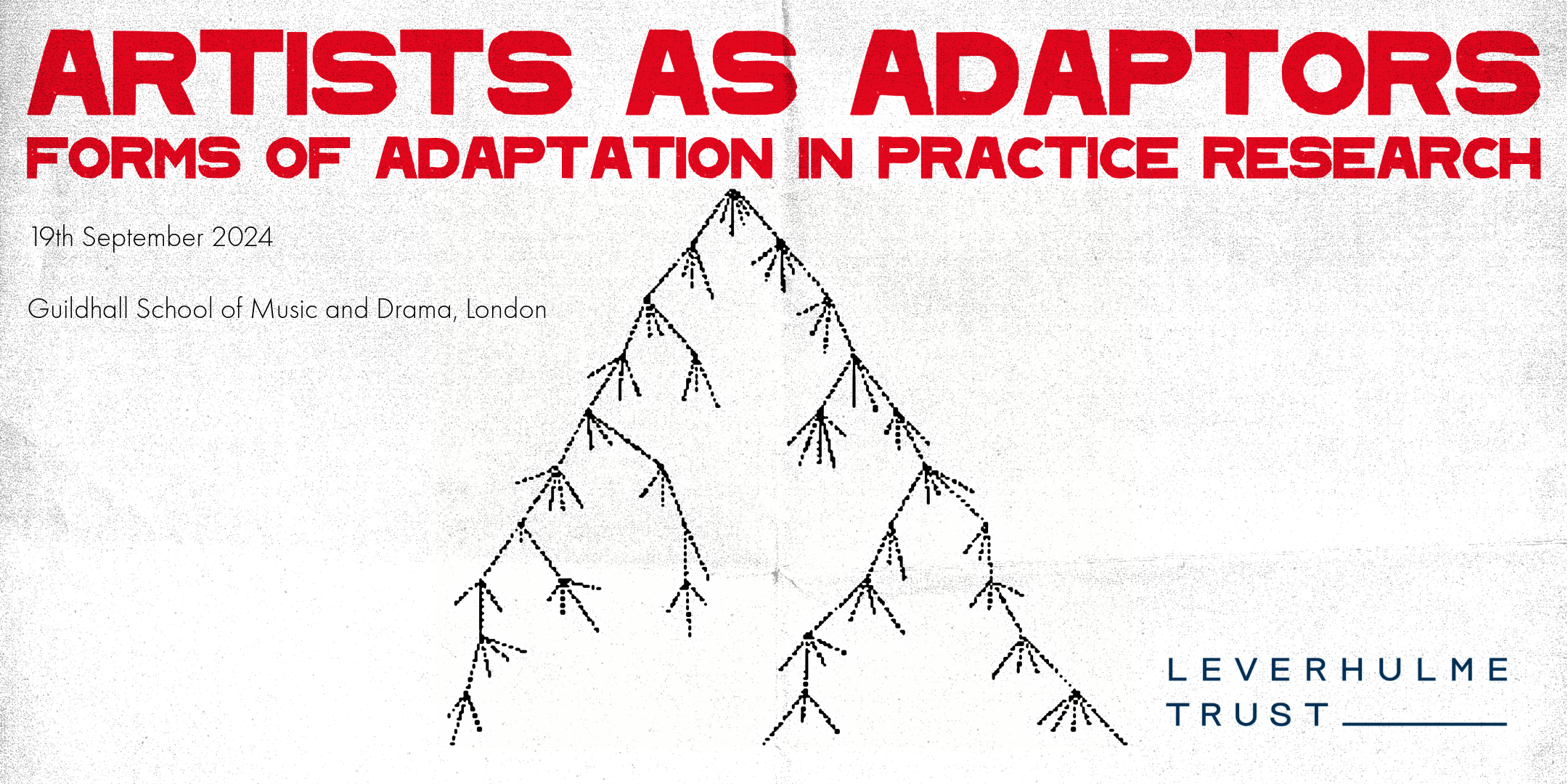Event: Redefining Adaptation in a (Post-)Covid Society Workshop Series (November 2022-March 2023)

A series of free in-person workshops to be held at the University of Birmingham
November 2022-March 2023.
The Department of Modern Languages at the University of Birmingham will be hosting a series of free workshops in conjunction with cultural partners from across Warwickshire and the West Midlands as part of their project "Redefining Adaptation in a (Post-
The project explores the key role of adaptation in its various forms – creative, behavioural, spatial – during the Covid-19 pandemic. Our ability – and sometimes inability – to adapt to the challenges posed by the pandemic has been a recurring feature of the global health crisis, and has manifested itself in a variety of ways. The "Redefining Adaptation in a (Post-)Covid Society" project will explore the key role of adaptation as both a behavioural strategy and a form of creative expression during the pandemic. It aims to widen our understanding of adaptation beyond the study of textual material, and to show that adaptation revolves around much broader relationships between culture, creativity, and human behaviour. In so doing, the project will focus on the following key research questions:
- In what ways has adaptation enabled society to navigate the challenges of the pandemic?
- What has the pandemic revealed about the role of adaptation in creating and sustaining a healthy society?
- How has the practice of adaptation during Covid-19 (re)shaped our attitude towards and understanding of cultural value?
- How can our experience of adaptation during the pandemic be harnessed to benefit society in the future?
The main project activity will be a series of workshops that will bring together academic colleagues from a number of UK universities with cultural partners from across Warwickshire and the West Midlands. The workshops will take place online, with the provisional schedule as follows:
- Covid, Adaptation, and the Arts (mid November 2022): How did the pandemic result in new modes of delivery for artistic / cultural works? What innovative solutions did cultural practitioners find to sharing / delivering their work during lockdown? What might we learn from these innovative practices? Can and should we retain them?
- Covid, Adaptation, and Education (mid December 2022): How did the pandemic reshape modes of educational delivery? What new pedagogical practices emerged during this period? What were the benefits / challenges associated with them?
- Covid, Adaptation, and Faith (mid February 2023): How did the pandemic impact upon the experience and sharing of faith? What new modes of working resulted from this? What has been the effect on communities of changes in how faith is expressed and supported?
- Conclusions (late March 2023): What have we learned about adaptation / society’s capacity to adapt that can be retained / redeployed in the future? How might some of the innovative practices that we have developed during the pandemic be used to widen access to the arts / education / culture / faith? How has the pandemic changed the way we think about adaptation as a concept?
The findings of the project will be disseminated via an edited collection of essays or a journal special issue.
To register your interest in participating in one or more of the workshops, please e-mail Professor Nigel Harris (n.w.harris@bham.ac.uk) and Dr Andrew Watts (a.j.watts.2@bham.ac.uk) by 15th October 2022.
More information about the "Redefining Adaptation in a (Post-


